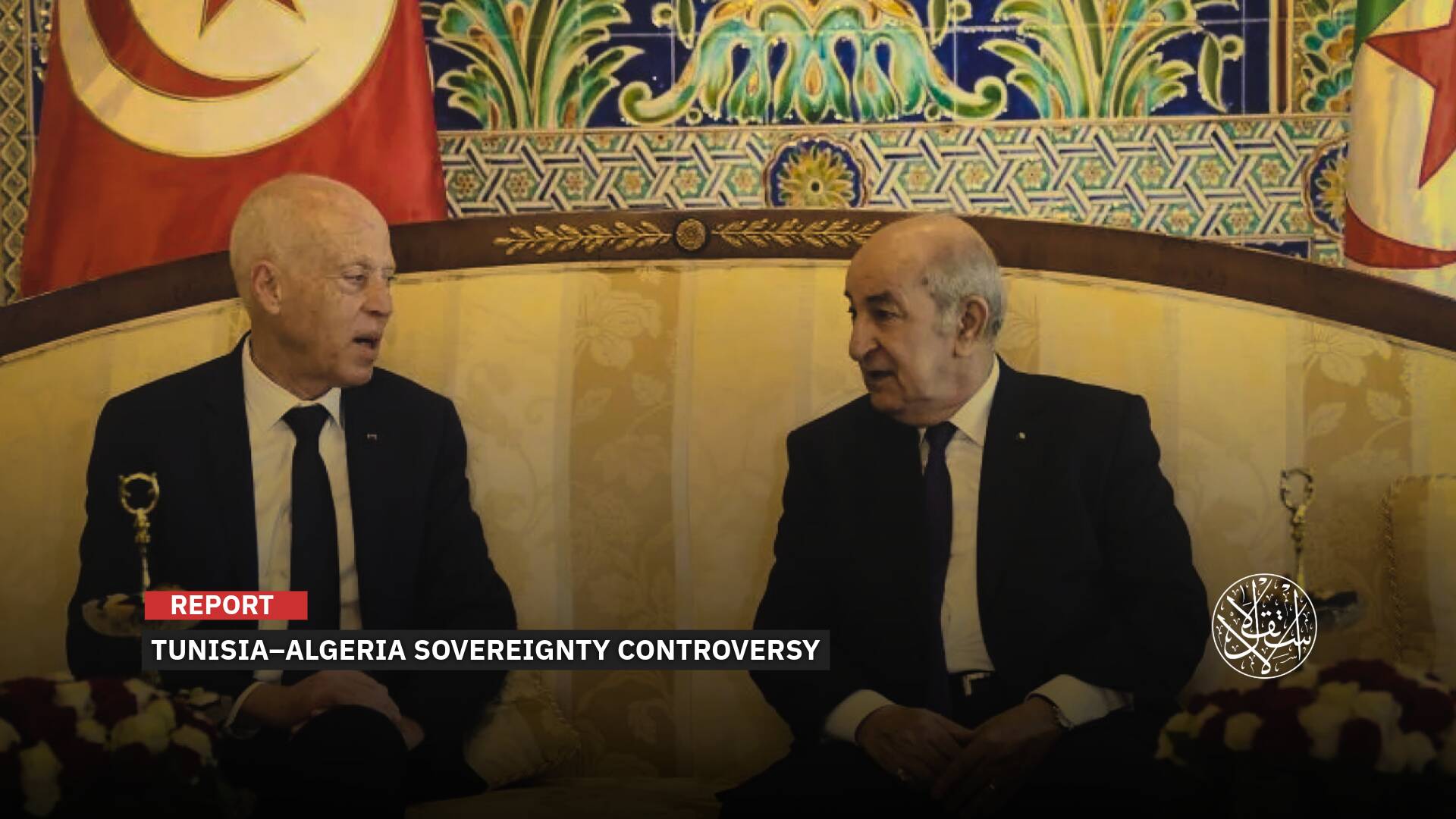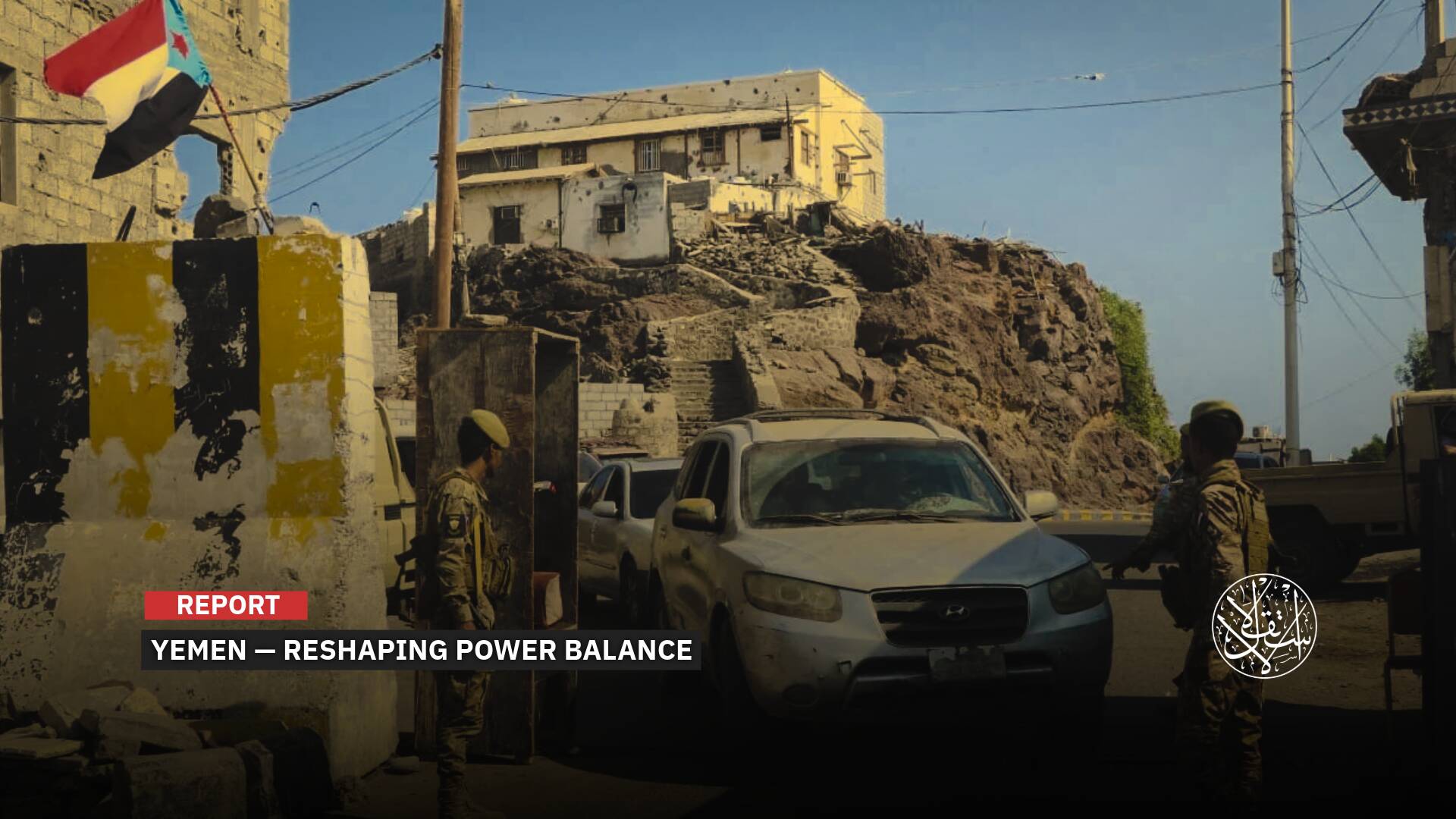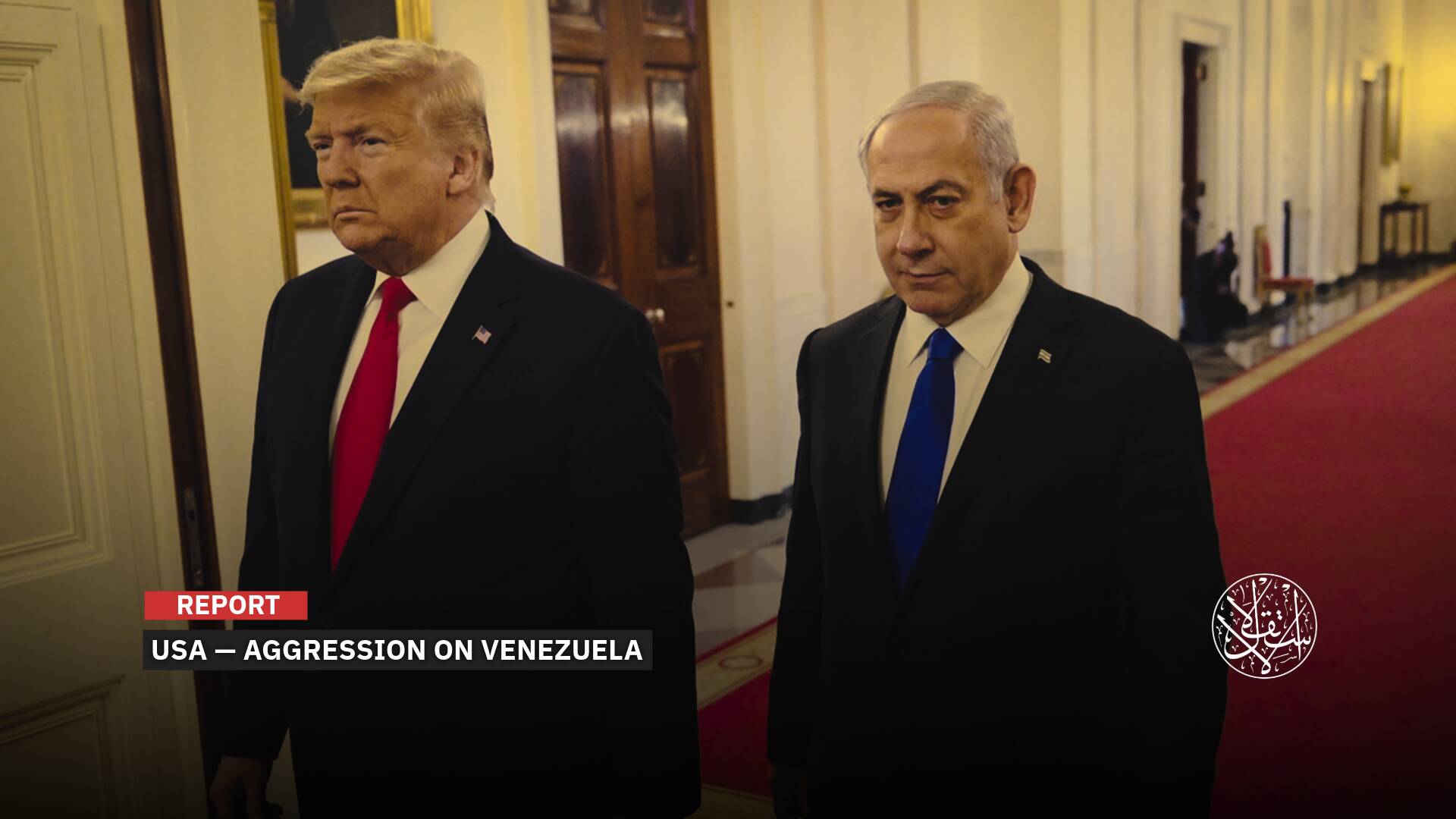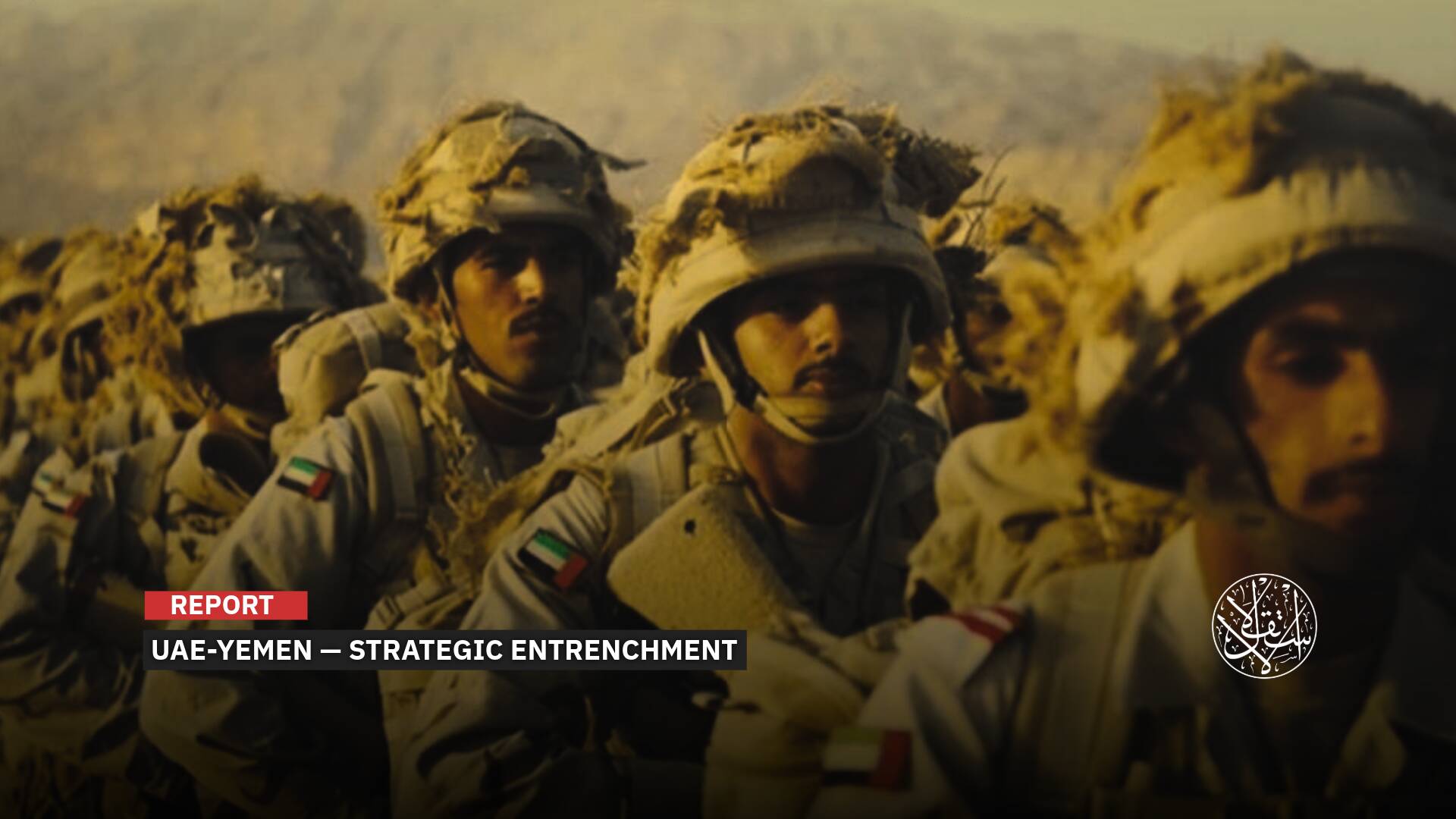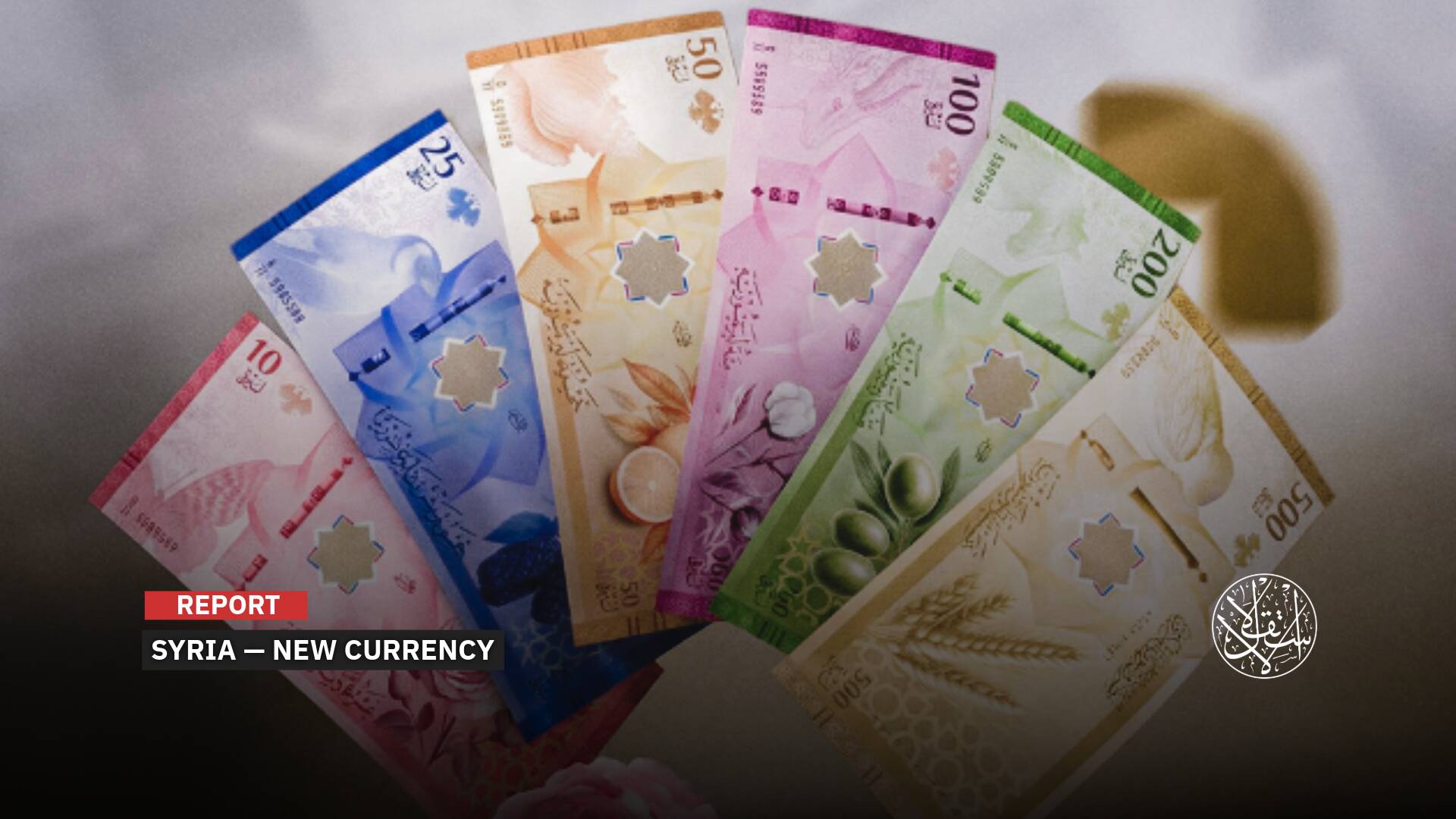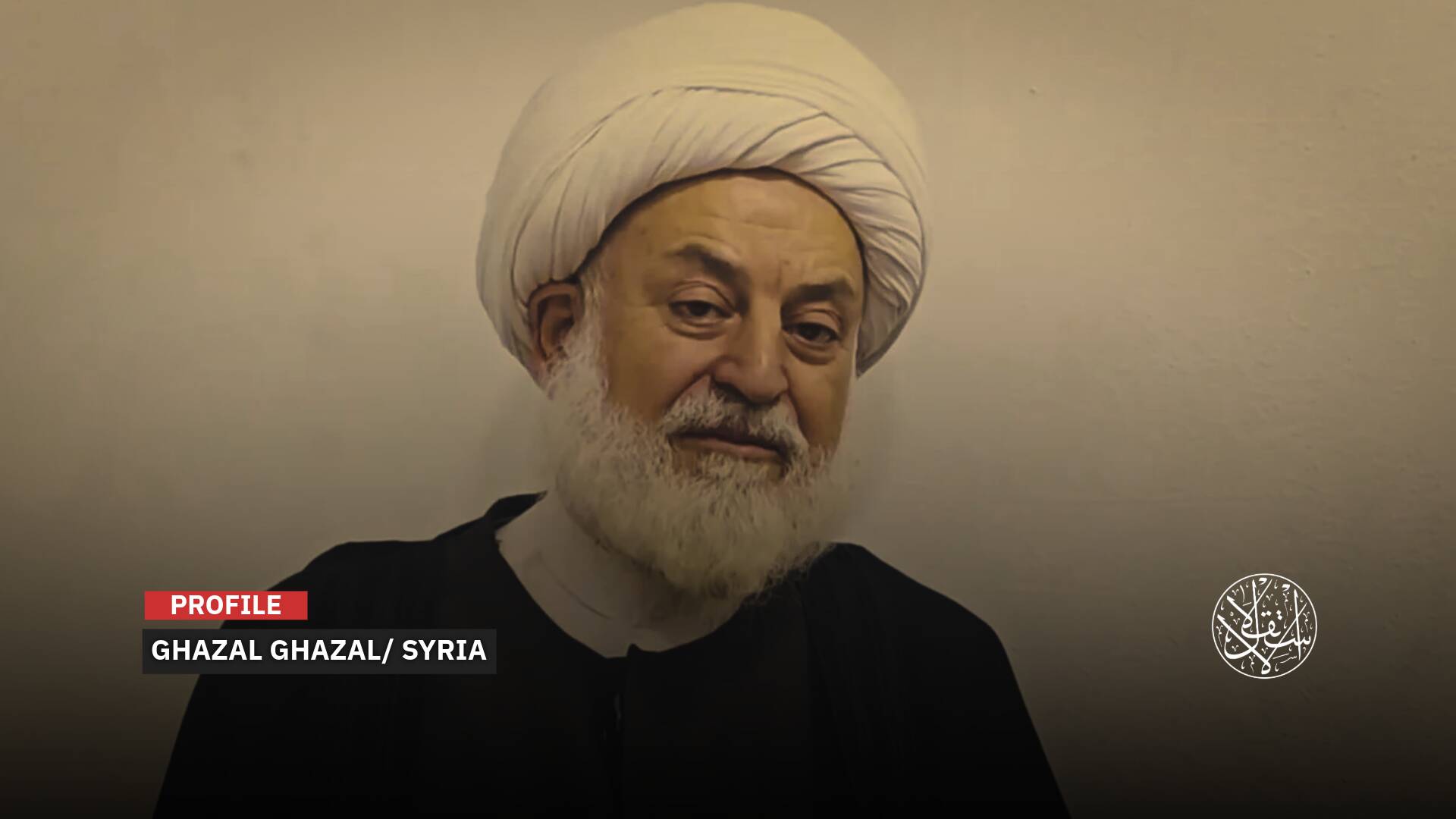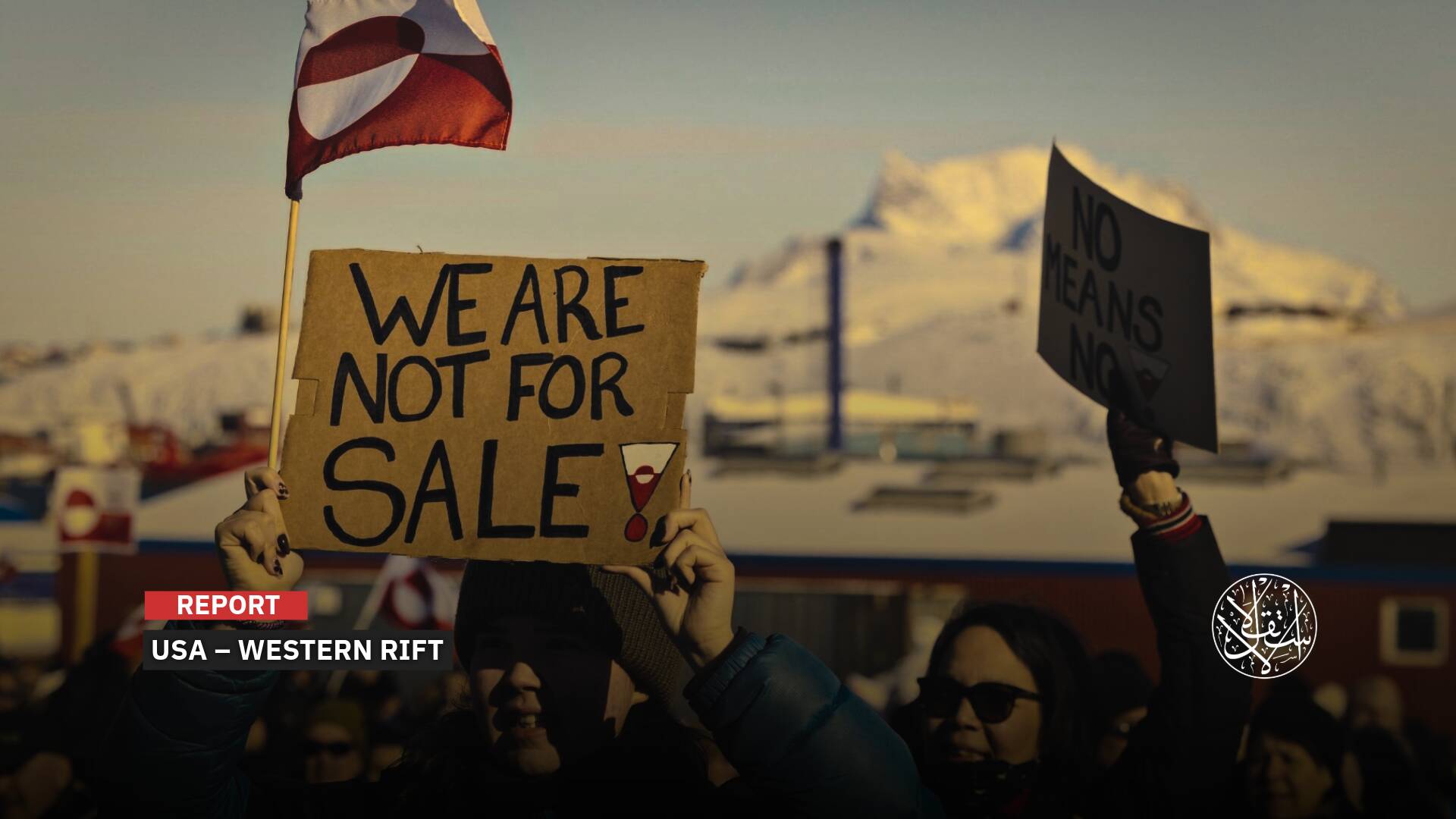What Is Behind the Naval Alliance That Iran Announced to Form?

The recent declaration made by Admiral Shahram Irani, commander of the Iranian Navy, regarding the forthcoming establishment of a naval alliance involving Iran, four Gulf countries, and additional nations, has sparked significant inquiries regarding its objectives and the stance of the United States, particularly given the inclusion of some of its crucial regional allies.
Iran’s announcement came shortly after the UAE revealed its withdrawal from a maritime security alliance led by the United States in the Gulf.
The UAE stated its commitment to peaceful dialogue and diplomatic means to enhance common goals of regional security and stability.
Support for Iran
On June 3, 2023, Admiral Shahram Irani stated that Tehran would soon announce the formation of a joint naval alliance between Iran and almost all countries in the Northern Indian Ocean region. He emphasized that these countries have reached the conclusion that maintaining security in the region requires cooperation and mutual support. He mentioned ongoing regional and international alliances.
Regarding the countries seeking to participate in a joint regional initiative with Iran, the Iranian official mentioned previous cooperation with Oman and the current trend of Saudi Arabia toward such cooperation. He also highlighted the involvement of the UAE, Qatar, Bahrain, Iraq, Pakistan, and India.
Admiral Irani also referred to the naval alliance between Iran, Russia, and China, which is being developed through annual maneuvers.
He stated that the region would soon be free from any unjustified presence of foreign forces, with the region’s people taking control of their own security.
In May 2023, Admiral Irani affirmed that the countries in the region are able to dispense with other forces, adding that the Iranian Navy reflects the greatness and strength of the Islamic Republic to the entire world.
On May 31, 2023, the United Arab Emirates’ Ministry of Foreign Affairs said it withdrew from a U.S.-led maritime security coalition in the Middle East two months ago, adding that it rejected “the mischaracterization in recent press reports,” the Emirates News Agency (WAM) reported on Wednesday.
The statement further affirmed the UAE’s commitment to peaceful dialogue and diplomatic means to enhance common goals of regional security and stability while responsibly ensuring the safety of navigation in its waters. No further clarifications were provided by the ministry.

Farm Scarecrow
Regarding the dimensions of the Iranian announcement, Egyptian writer Ibrahim Nawar stated in an article published in Al-Quds Al-Arabi newspaper on June 6, 2023, that the new naval alliance in the Gulf will almost end the role of the United States Fifth Fleet (U.S. 5th Fleet), turning it into a mere “fantasy” or “farm scarecrow” with no value in the region.
The writer highlighted that the Arab states, known for their oil wealth, have expressed their definite interest in joining a regional arrangement aimed at ensuring the security of navigation.
Speculations arise regarding the discussions held to establish this alliance, which may have delved into addressing security concerns in the strategic naval corridors of the northern Indian Ocean and the Strait of Hormuz. The objective behind such discussions would be to foster the notion of creating a collective regional security framework, independent of any intervention from the United States.
In the same context, Syrian writer Alaa Abo Farraj, in an article published on the Kassioun news agency on June 4, 2023, believed that the Iranian announcement of forming a new alliance is the result of an agreement between Saudi Arabia and Iran (mediated by China to normalize relations in March), which quickly turns into a major driving event at the regional level.
The writer emphasized that the agreement between Tehran and Riyadh was not just a stone to stir stagnant waters but has become a fundamental element that cannot be ignored in the foreign and security policies of the countries in the region, which previously programmed their behavior based on constant rivalry between the main regional powers.
He pointed out that “the overall context in which events are unfolding in our region confirms that the statements of the Iranian naval forces commander indicate tangible consultations on security and military issues in the region.
“This raises the question of the general framework that can be agreed upon in this regard, and from here, we can reaffirm some fundamental issues in this matter.”
He continued: “For Iran, the main demand was and still is the withdrawal of U.S. forces from the Gulf, which the Arab countries saw until a recent period as their main guarantor for creating a balance against Iran.
“The overall U.S. policies in the region, and the repeated talk of upcoming withdrawals or the necessity of withdrawing advanced weapons from the Gulf and replacing them with traditional ones, have compelled the Gulf countries to search for an alternative mechanism to create a regional balance that ensures their interests and provides sufficient guarantees regarding existing concerns about Iran’s expansionist influence.”
Abo Farraj pointed out that the Chinese and Russian roles and mediation have been able to provide a logical basis for building a common ground for understanding.

Defying Reason
There were divergent international and regional perspectives concerning Iran’s declaration of establishing a naval alliance with several countries, including some that are allies of the United States. Skepticism arose regarding its rationale from the outset, while others voiced their concerns. Simultaneously, certain countries extended their welcome and support to the initiative.
As for the United States’ stance, the U.S. 5th Fleet and the Joint Naval Forces described the formation of a naval military alliance consisting of Iran and Gulf countries, recently announced by Tehran, as illogical.
According to the Breaking Defense website citing US Fleet spokesperson Tim Hawkins on June 5, 2023, he said that the alliance Iran intends to form with Saudi Arabia and other Gulf countries is illogical and challenges reason.
Hawkins added that Iran is primarily responsible for regional instability and wants to form a naval security alliance to protect the threatened waters.
On the other hand, the Hebrew newspaper, Yedioth Ahronoth, said Iran’s announcement, in light of its attempts to restore relations with the Gulf Arab states, comes after it has appeared in recent years to be getting closer and closer to “Israel.”

The newspaper stated in its report on June 3, 2023, two months ago, Iran and the Kingdom of Saudi Arabia unexpectedly announced the resumption of relations and the reopening of embassies after seven years of severed official ties.
Yedioth Ahronoth affirmed the rapprochement between Iran and Saudi Arabia is a major source of concern for “Israel” and the United States, especially in light of Tehran’s unprecedented push toward nuclear energy.
Before agreeing to the resumption of relations between Riyadh and Tehran, reports surfaced indicating that Saudi Arabia was closer to signing a normalization agreement with “Israel,” a historic step that would significantly impact the balance of power in the Middle East and create a much more united Arab-Israeli front against Iran, the newspaper reported.
As for China’s stance, Chinese Foreign Ministry spokesperson Wang Wenbin stated on June 3, 2023, that Beijing welcomes the formation of a joint naval alliance involving Iran, Saudi Arabia, the United Arab Emirates, and other parties, emphasizing that such an alliance will enhance security and stability in the region.
Sources
- Admiral Irani: A naval alliance will be formed between Iran, Saudi Arabia, the UAE and Iraq [Arabic]
- America is trying to save what can be saved from its influence in the Middle East. [Arabic]
- American commander: There is an Iranian-Gulf naval alliance defies reason [Arabic]
- Iranian Fars Agency: Tehran announces the establishment of a naval alliance in the region that includes Gulf states [Arabic]
- The UAE announces its withdrawal from an American-led naval coalition in the Gulf [Arabic]
- China comments on the announcement of the formation of a joint naval alliance that includes Iran, Saudi Arabia and some countries in the region [Arabic]
- Can the Gulf states cooperate militarily with Iran? [Arabic]


